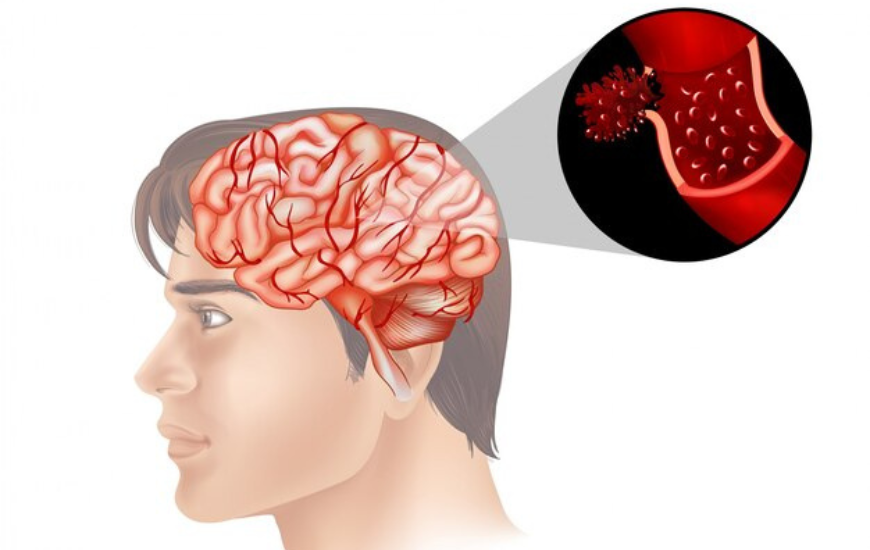Brain Hemorrhage

A brain hemorrhage, also known as a cerebral hemorrhage or intracranial hemorrhage, occurs when there is bleeding in the brain. This can happen due to various reasons, such as a ruptured blood vessel or an injury.
If you or someone you know is experiencing symptoms of a brain hemorrhage, it's crucial to seek immediate medical attention. Common symptoms may include severe headaches, sudden weakness or numbness, difficulty speaking, vision changes, and loss of consciousness.
In terms of "service content," it seems like you might be asking about services related to brain hemorrhage. If so, here are some aspects that could be involved:
- Emergency Medical Services (EMS): Quick response and transportation to the hospital are essential. EMS services play a crucial role in providing immediate care and getting the patient to the hospital as soon as possible.
- Emergency Room Care: Hospitals offer emergency room services where medical professionals can assess the situation, conduct diagnostic tests, and provide necessary treatments.
- Diagnostic Imaging: This may include CT scans or MRIs to identify the location and extent of the bleeding in the brain.
- Neurosurgery: In some cases, surgical intervention may be necessary to address the bleeding, relieve pressure on the brain, or repair damaged blood vessels.
- Intensive Care Unit (ICU) Care: Patients with severe brain hemorrhages may require specialized care in the ICU to monitor vital signs, manage complications, and provide ongoing medical support.
- Rehabilitation Services: After the acute phase of treatment, rehabilitation services may be necessary to help the patient recover and regain function.
It's important to note that the specific services provided will depend on the severity of the condition and the individual patient's needs. Always consult with qualified healthcare professionals for accurate information and advice tailored to a specific situation.
